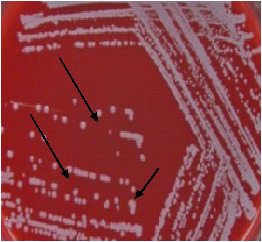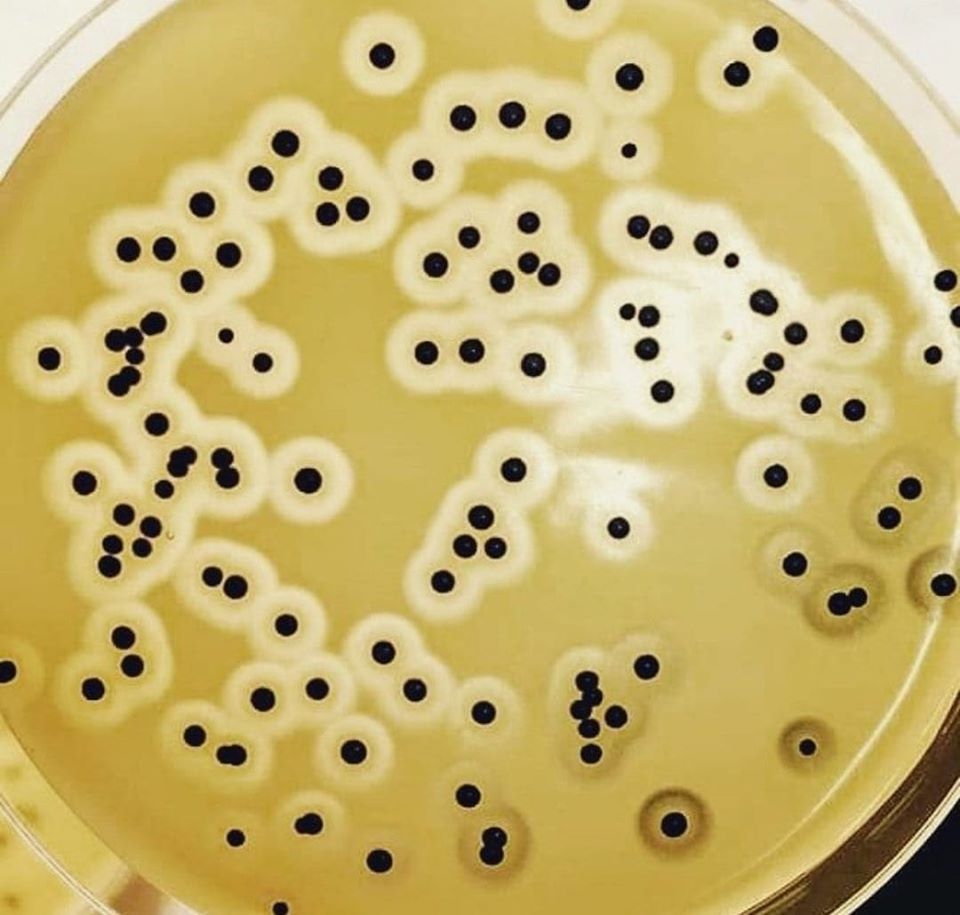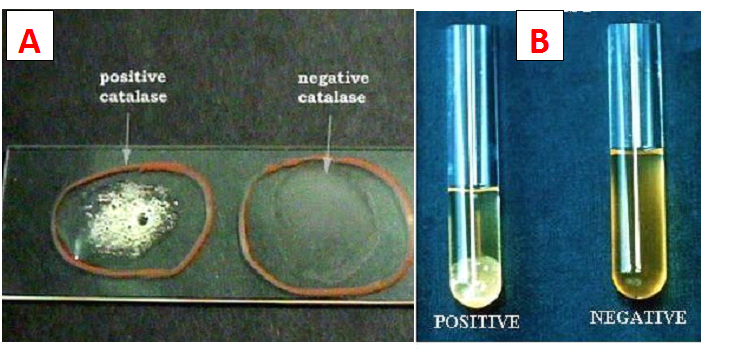Antibiotics remain one of the most important discoveries in medical science, serving as a cornerstone […]
Tag: Staphylococcus aureus
STAPHYLOCOCCUS AUREUS
Staphylococcus aureus, a Gram-positive bacterium, is often found in the nose and skin of humans. It causes various infections including pneumonia, gastroenteritis, and toxic shock syndrome, aided by its production of toxins and enzymes. Resistant strains like MRSA are prevalent. Prevention relies on hygiene practices, as vaccines are unavailable.
BAIRD–PARKER AGAR
Baird–parker agar is a selective medium for the enumeration of Staphylococcus aureus in foods and […]
CATALASE TEST
Catalase test is used to identify microorganisms that produce catalase enzyme. It is used to […]
COAGULASE TEST
Coagulase test is used to distinguish pathogenic Staphylococcus aureus (which is coagulase positive) from nonpathogenic […]






